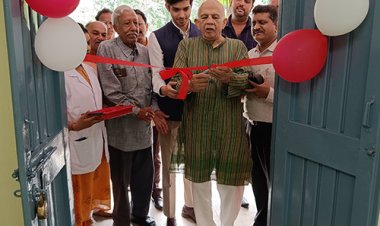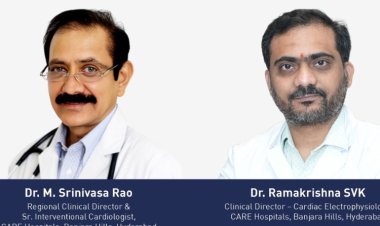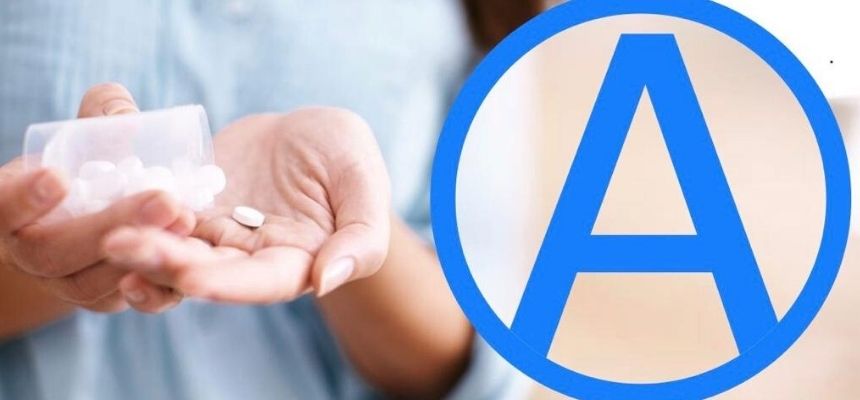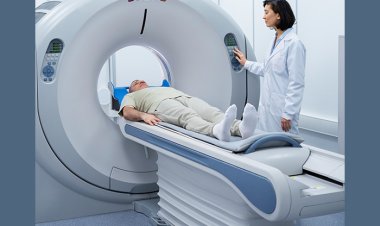Up Again After Stroke World Stroke Day

29th October is World Stroke Day. It is observed to raise awareness of this fatal experience. Strokes can, however, be avoided. Strokes in general can be described as 'brain attacks', during which the blood-flow to the brain is temporarily cut off or restricted. This leads to lack of oxygen and important nutrients to the brain, causing brain cells to die within minutes. Some times high BP or any cause which lead to the rupture of blood vessels can lead to hemorrhagic stroke. All Strokes are different, and hence all strokes do not result in death. For some people, the effects may be relatively minor and may not last long, while for a few a Stroke may result in permanent disability.
 Once the patient starts recovering from Stroke, it can take months or more, but having good support and the right rehabilitation can make all the difference in successful stroke recuperation. The Stroke recovery timeline is variable, and depends on the age of the patient, and the severity of the attack. The major Stroke recovery occurs within six months, but recovery can continue for up to a year.
Once the patient starts recovering from Stroke, it can take months or more, but having good support and the right rehabilitation can make all the difference in successful stroke recuperation. The Stroke recovery timeline is variable, and depends on the age of the patient, and the severity of the attack. The major Stroke recovery occurs within six months, but recovery can continue for up to a year.
Dr. GV Subbaiah Chowdary, Consultant Neurologist, Star Hospitals, says, "Knowledge about Stroke is not only for Stroke survivors and their families, as a Stroke can attack everybody and it knows no age. The main aim of observing such days is to teach people about the dangers of a Stroke and the importance of acting quickly in an emergency. Knowing your number helps a lot - that is, always keep a tab on your blood sugar levels and blood pressure levels. When you are suffering with Diabetes, high cholesterol, or High Blood Pressure, you are at a higher risk."
"Every ordinary person can act as an Emergency First Responder in case of a Stroke. If they can act with certainty and swiftness in attending to the patient with the right treatment, a life can be saved, and the severity of long-term damage can be reduced, Time is Important, rush to the Hospital at earliest" He said.
Tips to the family or the care givers:
Always encourage independence
Persuade them to participate
Exercise is the most important task in the Stroke patient's day
Suggest many leisure activities to keep them engaged
Mingling with people helps. So schedule visits of family and friends
The risk of a stroke can be minimized by taking the following measures:
Balanced lifestyle: eat healthy and exercise regularly.
Get your blood pressure and blood sugar tested regularly.
Consume alcohol sparingly and quit smoking
Be consciously aware of signs and symptoms of stroke.
For Appointment: Dr. GV Subbaiah Chowdary, Consultant Neurologist, Star Hospitals,

 Disclaimer: Welthi.com does not guarantee any specific results as a result of the procedures mentioned here, and the results may vary from person to person.
Disclaimer: Welthi.com does not guarantee any specific results as a result of the procedures mentioned here, and the results may vary from person to person.









